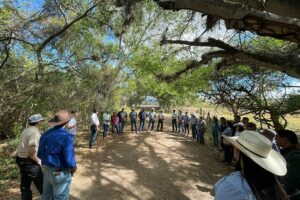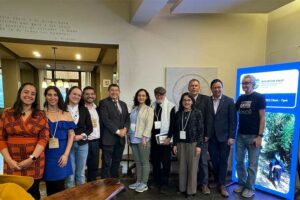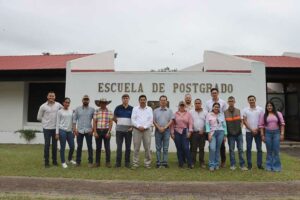Talento Agro Strengthens the Future of Agriculture in Oaxaca and Puebla with Specialized Training
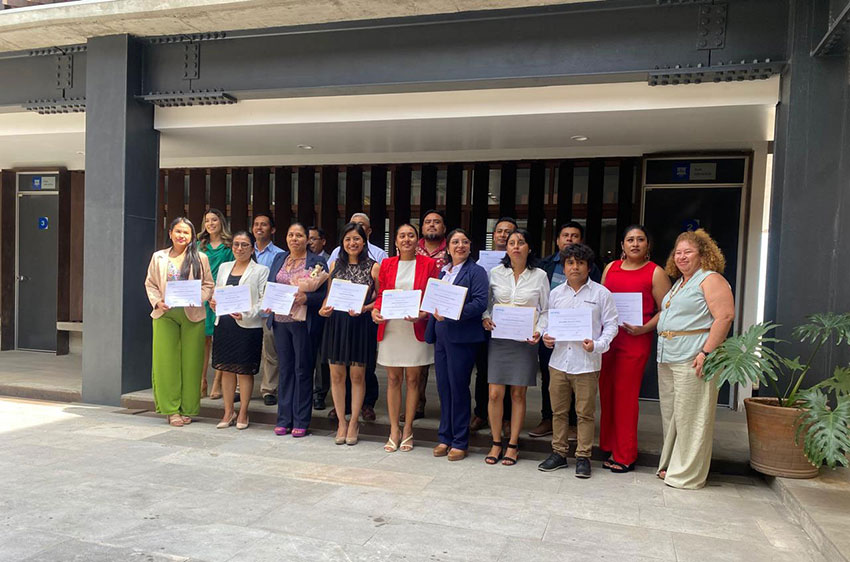
- More than 70% of participants successfully completed two diplomas focused on trainer training and business and financial support.
On November 12 and 14, graduation ceremonies were held for students of the Talento Agro Training Program in the states of Oaxaca and Puebla, Mexico. This program, promoted and supported by CATIE (Tropical Agricultural Research and Higher Education Center), with the support of the German Technical Cooperation (GIZ) through the Vida y Campoproject in Mexico, focused on strengthening the capacities of agricultural extension agents and technical personnel in both states.
The Talento Agro program emerged from a diagnosis carried out by the Vida y Campoproject, which identified training needs in the sector. This diagnosis translated into a curriculum consisting of 12 courses divided into two diplomas:
- Trainer Training
- Business and Financial Support for Agricultural Producers
The training was primarily directed at technicians from the Secretariat of Rural Development (SDR) of Puebla and the Secretariat of Agri-Food Promotion and Rural Development (SEFADER) of Oaxaca. Additionally, representatives from civil society organizations and local universities participated.
An Intensive Hybrid Learning Process
According to Evelyn Chaves, a sustainable agribusiness specialist at CATIE, the training process was conducted in a hybrid format, beginning each diploma with an in-person session followed by five virtual courses.
“The process was intensive and demanding for students, professors, and tutors. However, the effort was worthwhile when we saw the faces of pride and joy at the graduation ceremonies. Seventy percent of the participants who began the program successfully completed it, finishing all evaluations and final projects,” noted Chaves.
The final projects reflected the graduates' commitment and excellence. Diana Rivera, a technician from SEFADER, highlighted how the program helped her structure her community project Raíces, focused on improving the quality of life of coffee producers while respecting the environment.
On the other hand, Bernardino Martínez, the program's top student and a SEFADER technician, described the course as one of the best in his professional training: “This program provides all the necessary tools to develop as better professionals and individuals. The most valuable takeaway was acquiring new skills that I will apply both in my professional and personal life,” he stated.
Impact with a Future Vision
The combination of a detailed diagnosis, a competency-based design, and the continuous support of professors and tutors allowed participants to be certified through CATIE’s Graduate School.
Chaves concluded that, although challenges remain, the trained technical personnel are already making a positive impact on local producers: “The seed fell on fertile ground. Producers recognize the commitment, knowledge, and empathy of the technicians who provide diligent and effective support in their production processes.”
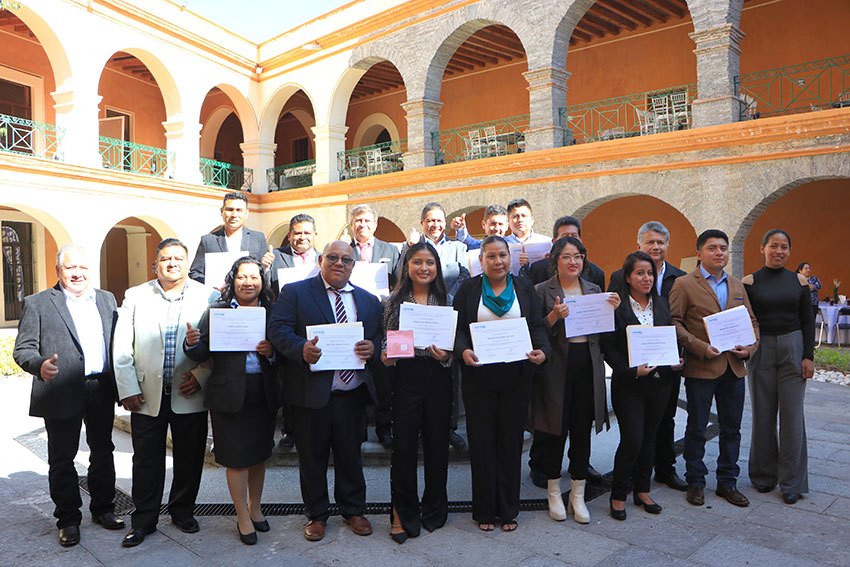
More information:
Evelyn Chaves
Specialist in Sustainable Agribusiness
Environmental Economics and Sustainable Agribusiness Unit (UEAAS/EfD)
CATIE
evelyn.chaves@catie.ac.cr
Written by:
Karla Salazar Leiva
Communications Officer
Communications and Marketing Office
CATIE
karla.salazar@catie.ac.cr

